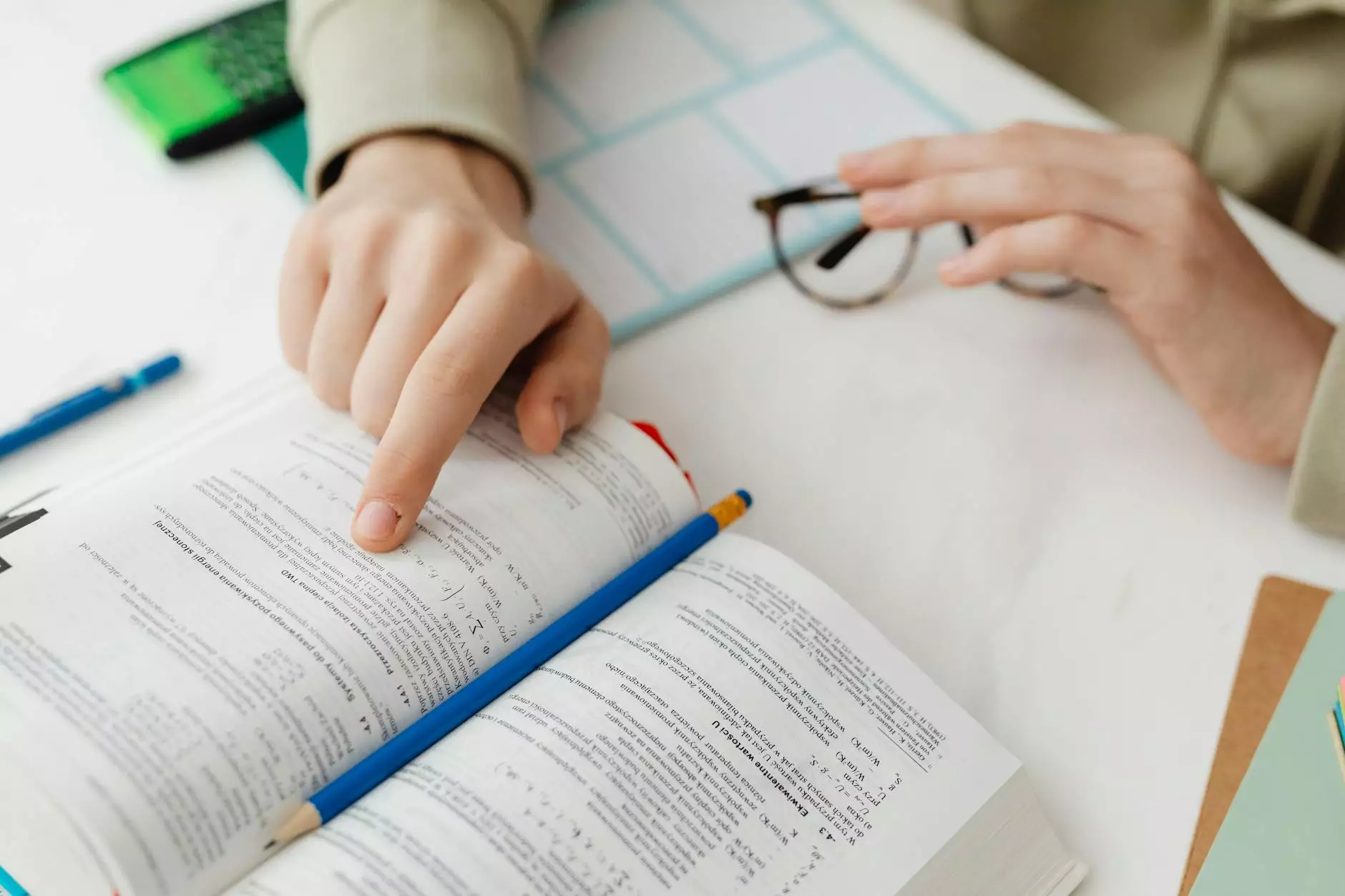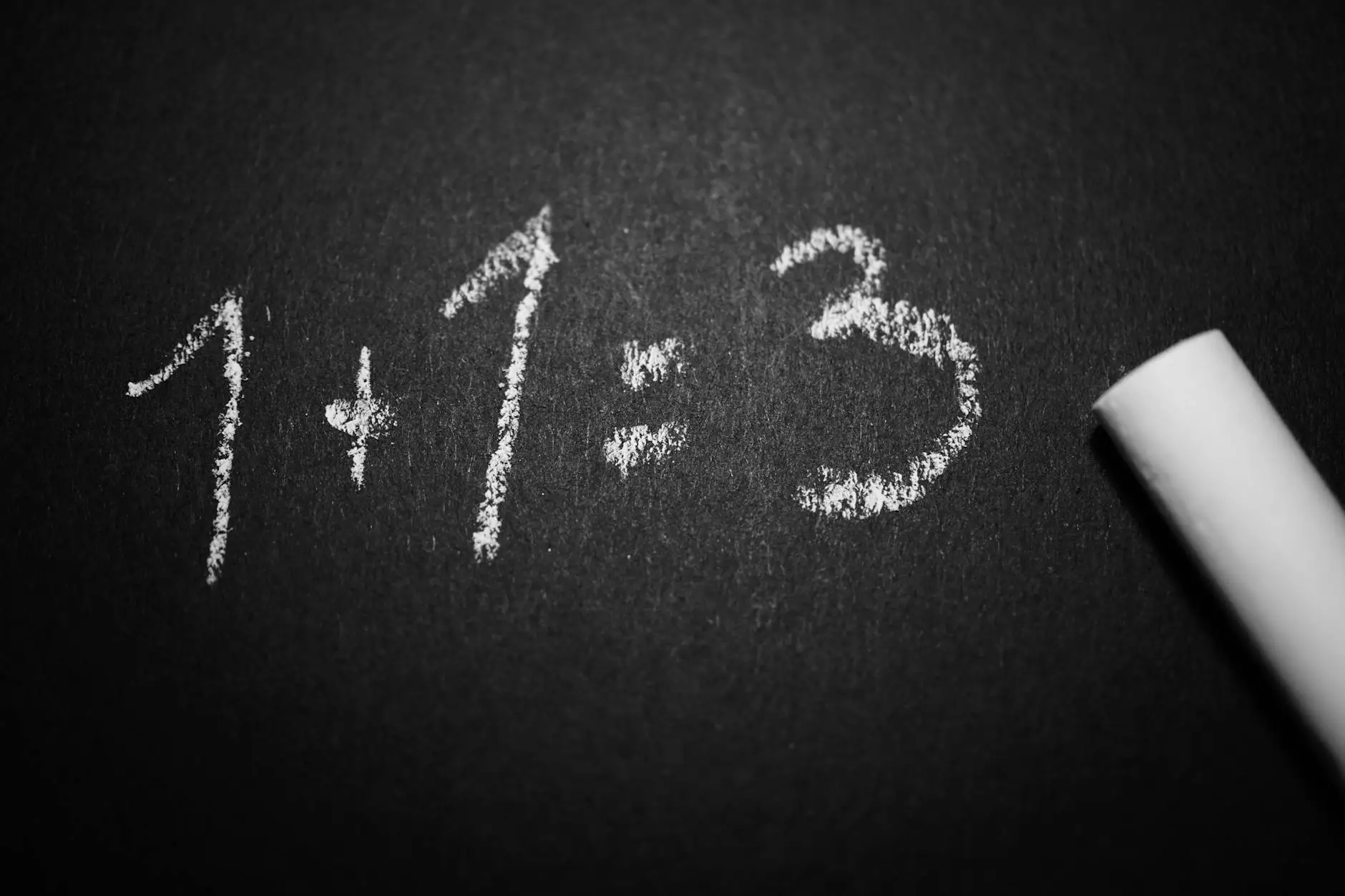Independent vs Dependent Variables

When it comes to research and statistical analysis, understanding the concepts of independent and dependent variables is crucial. These variables play a fundamental role in the research process and their proper identification and differentiation are vital for accurate and meaningful results.
What are Independent Variables?
An independent variable, also known as the predictor variable, is a variable that is manipulated or controlled by the researcher. It is the variable that is presumed to have an effect on the dependent variable. In experimental studies, researchers intentionally alter the value of the independent variable to observe the potential changes it may cause in the dependent variable.
For example, in a study investigating the effects of caffeine on cognitive performance, the independent variable would be the amount of caffeine given to the participants. By manipulating this variable, researchers can examine how it influences the dependent variable, which in this case could be the participants' cognitive abilities or reaction times.
What are Dependent Variables?
A dependent variable, also known as the outcome variable, is the variable that is being measured or tested in a study. It is the variable that is expected to change as a result of the manipulation of the independent variable. The value of the dependent variable depends on the effects of the independent variable.
Continuing with the previous example, the dependent variable in the study on caffeine and cognitive performance would be the participants' cognitive abilities or reaction times. These variables would be measured or observed to determine if they vary based on the different amounts of caffeine given to the participants.
Distinguishing between Independent and Dependent Variables
While the definitions of independent and dependent variables may seem straightforward, it is essential to distinguish between them accurately. In some cases, the same variable can be either independent or dependent, depending on the context of the study.
Here are a few key points to help differentiate between independent and dependent variables:
1. Manipulation:
The independent variable is deliberately manipulated or controlled by the researcher, whereas the dependent variable is observed or measured based on the values of the independent variable.
2. Cause and Effect:
The independent variable is assumed to cause changes in the dependent variable. By manipulating the independent variable, researchers can investigate its impact on the dependent variable.
3. Research Design:
The independent variable is often associated with experimental design, where controlled conditions allow researchers to test the effects of the independent variable on the dependent variable. On the other hand, dependent variables can also be observed in non-experimental or observational studies.
Examples of Independent and Dependent Variables
Let's explore a few more examples to gain a better understanding of independent and dependent variables:
Example 1: Relationship between Study Time and Exam Scores
In this study, the independent variable would be the amount of time spent studying, while the dependent variable would be the scores achieved on the exams.
Example 2: Impact of Exercise on Heart Rate
Here, the independent variable would be the intensity or duration of exercise, and the dependent variable would be the heart rate.
Example 3: Influence of Temperature on Plant Growth
In this scenario, the independent variable would be the temperature provided to the plants, and the dependent variable would be the growth rate or height of the plants.
Conclusion
In summary, independent and dependent variables are key components of research and statistical analysis. The independent variable is the variable that is manipulated or controlled by the researcher, while the dependent variable is the variable that is being measured or tested.
Understanding the differences between these variables is important for designing and interpreting research studies accurately. By appropriately identifying and analyzing independent and dependent variables, researchers can generate reliable and insightful findings, contributing to the advancement of knowledge within their field.









